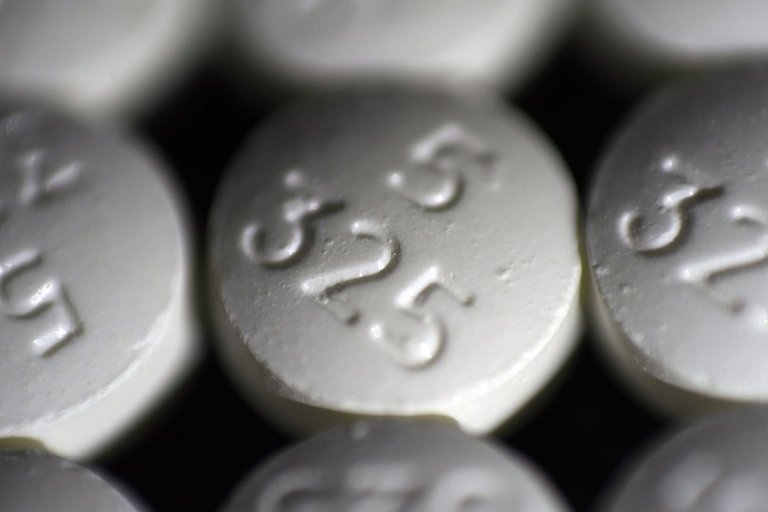
Americans are familiar with the horrors of the opioid crisis, and government at every level has tried to respond with spending on treatment programs and more. But one area that deserves more scrutiny is how government programs may be contributing to the epidemic.
Wisconsin Senator Ron Johnson released a report this month from the Senate Homeland Security and Governmental Affairs Committee that connects the dots between Medicaid and the opioid epidemic. The report doesn’t claim too much, conceding that everything from too many prescriptions to drug marketing contributed to the epidemic.
Yet Medicaid offers cheap access to astronomical quantities of pills that can be resold on the black market. For as low as a $1 co-pay Medicaid beneficiaries can get up to 240 oxycodone pills that can be resold for $4,000, according to the report. Since 2010 more than 1,000 people across the country have been charged or convicted of improper use of Medicaid to obtain prescription opioids.
Mr. Johnson’s report captures some of the sordid specifics, including a case in Connecticut where a perpetrator “preyed on” Medicaid beneficiaries who were “down on their luck,” according to a detective the committee interviewed. The drug ring leader would pay Medicaid beneficiaries, say, $50 to get a prescription filled. Pharmacists tended to trust the Medicaid system and filled the scripts. Then the perpetrator would sell the opioids on the street for up to $3,000 for a single bottle. The perpetrator pleaded guilty to multiple charges in 2015.
Fraud is a feature of any government program, but here crime is especially lucrative. The Johnson report walks through everything from a drug ring in a Bronx bodega to a Maryland pharmacist who defrauded Medicaid for some $90,000 to a $1 billion fraud from a cabal of health-care providers in Miami.
One notable point is that this crisis seems to be worse in states that expanded Medicaid as part of ObamaCare. More than 80% of nearly 300 cases were filed in Medicaid expansion states, the report found, with New York, Michigan, Louisiana, New Jersey and Ohio topping the roll call. Moreover, “the number of criminal cases increased 55 percent in the first four years after Medicaid expansion, from 2014 to 2017, compared to the four-year period before expansion.”
This correlation doesn’t prove causation but certainly warrants a closer look from Health and Human Services and fair-minded academics. The left says Medicaid isn’t the problem and is essential to treating opioid addicts, though this overstates the case. Medicaid beneficiaries are often targeted by junk treatment centers that bill the government for reimbursement.
The committee staff also found, “in preliminary research,” 243 recent instances of fraud involving opioids and Medicare, where abuse is by some reports worse. Veterans Affairs had several dozen opioid investigations running late last year.
Also of note this month the inspector general of Tennessee told the Senate committee of his state’s experience. One example: An addicted doctor’s office manager who would steal prescription slips and write orders for a variety of people. The state Medicaid program TennCare picked up the tab for some.
Anecdotes shouldn’t make policy, but the human wreckage ought to invite inspection of a health-care program whose ostensible purpose is to care for the poor and vulnerable.
Hello,
We have found similar content: https://www.wsj.com/articles/the-opioid-dens-of-medicaid-1517009331
Not indicating that the content you copy/paste is not your original work could be seen as plagiarism.
These are some tips on how to share content and add value:
Repeated plagiarized posts are considered spam. Spam is discouraged by the community, and may result in action from the cheetah bot.
If you are actually the original author, please do reply to let us know!
Thank You.
More Info: Abuse Guide - 2017.
Hi! I am a robot. I just upvoted you! I found similar content that readers might be interested in:
http://lerant.proboards.com/thread/9923/pensions-medicaid-opioid-crisis